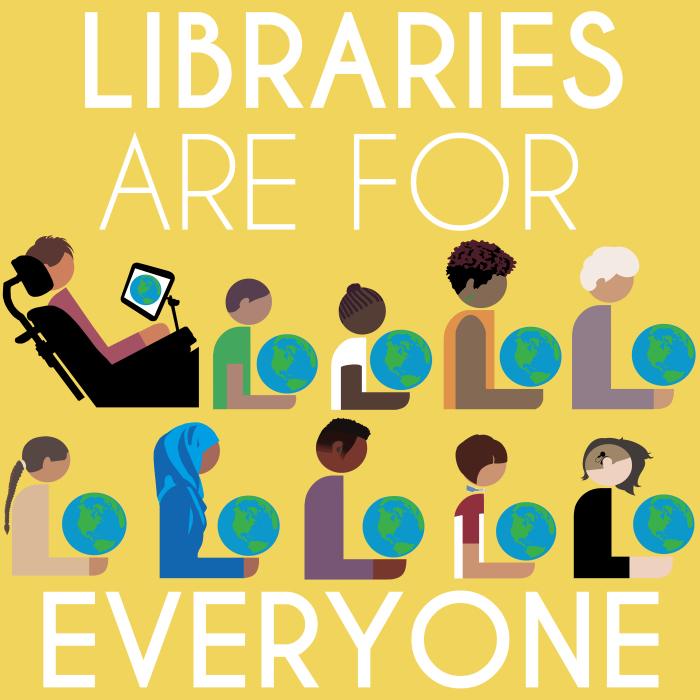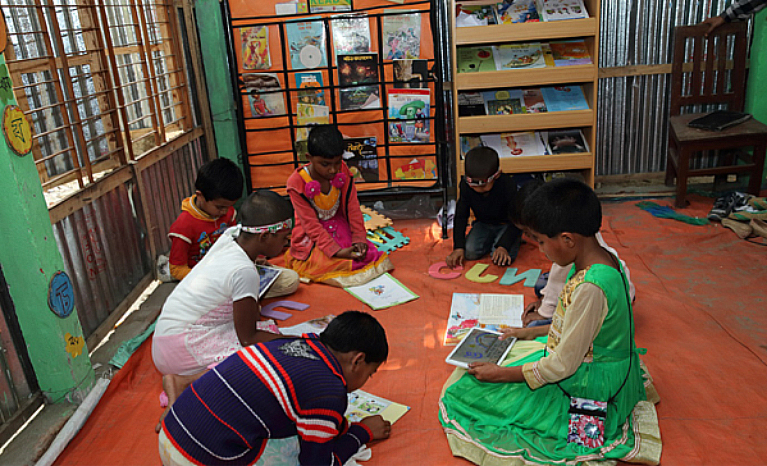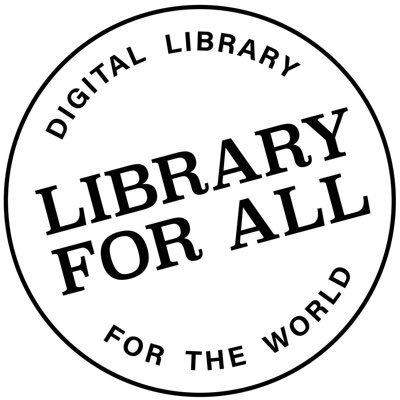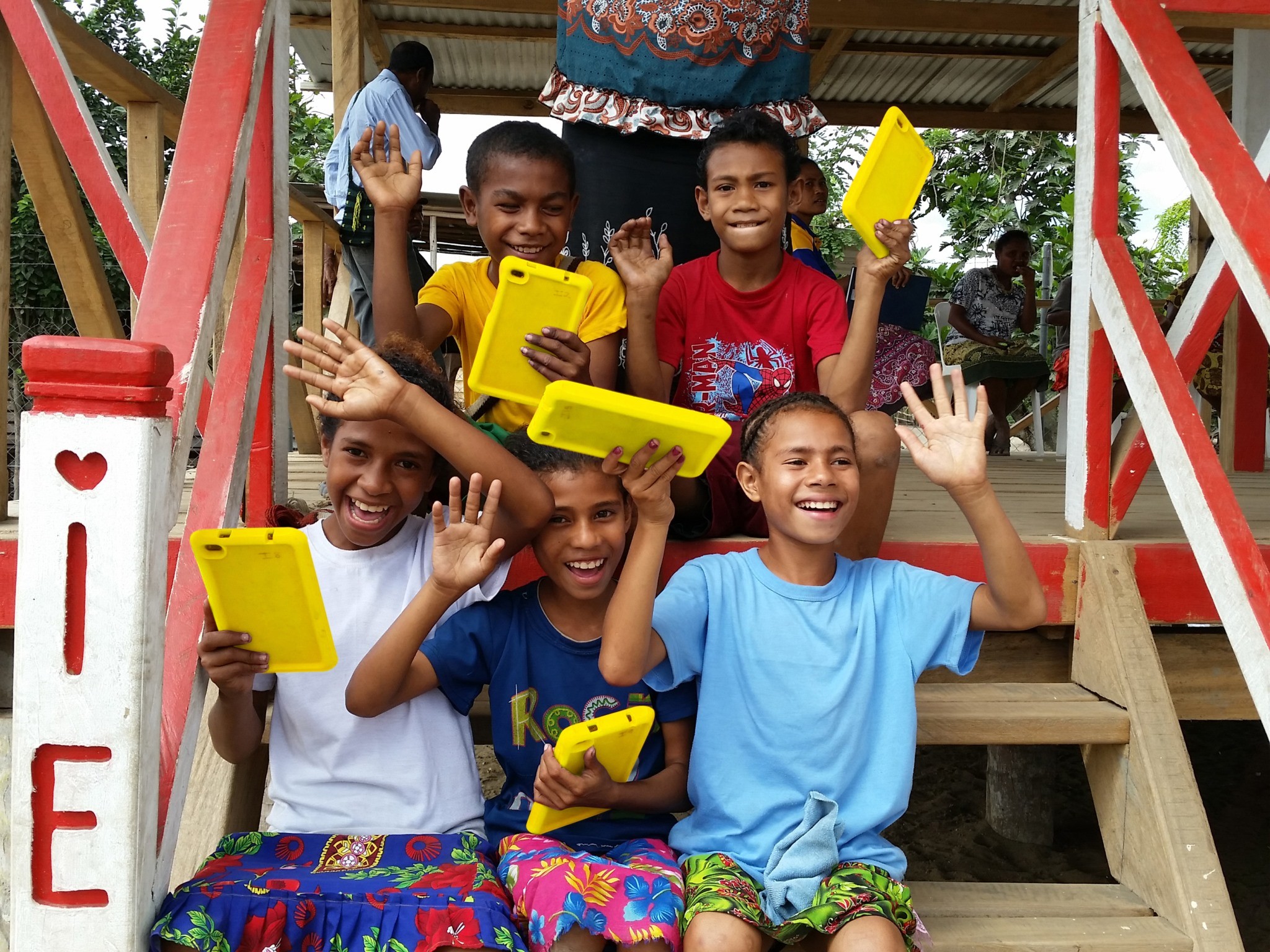Topic: Exploring library projects in a developing nation.

In the developed world, we think of literacy, books, and libraries as a norm, something that we have a right to, and something we may sometimes take advantage of. Historically, books were reserved for the rich and elite of society, including kings/nobles, priests, and scholars. Unfortunately, it seems that this disparity in access to books still exists today, but in a different way. We have world class libraries in the developed world, while in some developing countries, some communities may only have a handful of worn-out and outdated books. The lack of access to books and libraries is one of the main reasons for low literacy rates in developing countries.

This study published by UNESCO in 2014 called Reading in the Mobile Era outlines that mobile devices may be the next step in bringing access to literacy into developing countries. People have access to mobile phones to some capacity, and it was found that 67% of survey respondents preferred to use their mobile device for reading simply because they always have it with them. 13% of respondents said that it was more affordable and accessible to read on their mobile. The study also found that the major barriers to mobile reading are: lack of content, problems with connectivity, and cost of airtime.
The UNESCO also provides Recommendations and Strategies to conclude the publication and address the barriers:
Target Groups: Certain demographic groups would most benefit from increased engagements with mobile reading, particularly women and girls, children, older people, beginning readers, and men and boys.
Strategies for extending the benefits of mobile reading to more people (p. 74):
- Diversity mobile reading content and portals to appeal to specific target groups
- Increase outreach effort to create opportunities for potential users to experiment with mobile reading and learn its benefits
- Lower cost and technology barriers to mobile reading
Based on the findings of this study, I searched for organizations and library programs that brought libraries and books to developing countries. There are several amazing organizations that do this with donated, physical books. However, for the purpose of this assignment, I narrowed my search and looked a little deeper into organizations that specifically included and focused on expanding digital access in developing countries. There are two projects that really stood out to me: Beyond Access and Library for All.

Beyond Access is program run by IREX, a non-profit organization committed to global development and education, with a partnership with the Bill and Melina Gates Foundation (insert link). The project has reached nine countries to “transform libraries into modern community information hubs”. It creates new literacy opportunities by partnering with governments and experts in literacy, engaging in communities, and technology. Doing so helps them to mobilize communities to drive local support for reading and literacy outside of school. The program also works to expand access to internet and information by maximizing existing resources, bringing devices to communities, and training students and adults to use the devices. They provide guidance, funding, and training through community hubs like libraries. Finally, Beyond Access connects to the current employability initiatives of the community and provides services including job training and digital skills training.

beyondaccess.org

Library For All is a non-profit organization that provides access to culturally relevant, age appropriate books and learning resources. They have developed a digital library app to deliver education materials in communities where history, poverty, or remoteness are barriers for people to access books/information. Their goal is to reach 20 million readers globally by 2030. Their most current initiative is the Spark Kit, which is a digital classroom kit designed for students. It is delivered to communities in a commercial grade lockable case, with 40 tablets pre-loaded with the Library For All digital library app. The Spark Kit provides a secure storage solution, in-built charging for the devices, and creates a secure local Wi-fi network that can update the tablets with new content and gather data to improve planning and development for new features. It really is a great initiative to bring accessibility for all students.

libraryforall.org
References
Mark, W., & Chew, H. E. (2014). Reading in the Mobile Era. UNESCO. Retrieved July 28, 2021, from http://unesdoc.unesco.org/images/0022/002274/227436e.pdf
Beyond Access Campaign. (2012, Nov. 5). Beyond Access. Retrieved on July 28 2021, from, https://www.youtube.com/watch?v=Bw2XrW5PKQc.
Elevate by Library For All. (2021, July 4). Library for all’s spark kit. Retrieved on July 26, 2021, from https://www.youtube.com/watch?v=E_ytKCgVKt0.
Homepage. (n.d.). Retrieved on July 28, 2021, from https://www.irex.org/project/beyond-access.
Homepage. (n.d.). Retrieved July 28, 2021, from http://www.libraryforall.org/
Thanks for sharing your findings, Saliha! I’m really interested in the Library’s for All Spark Kit! In contemplating the question for this blog I was thinking a lot about the difference between a smart phone and a library. This idea of a “Library App” is something that begins to answer this question. Handing kids devices and ensuring access to high speed internet would have some effects, but it’s not the same as giving kids a collection of books. Great post!
Hi Saliha,
I liked the “Beyond Access” video which reminds us that libraries can and should provide information, education and training services about health, agriculture, economy and civil participation.
I appreciate that quote: “it was found that 67% of survey respondents preferred to use their mobile device for reading simply because they always have it with them.” and I think it is a clear indication that we should focus on improving mobile devices services in the LLCs.
Alex D.
As much as I’m learning about how technology/mobile devices impact literacy rural areas of the world, I love that there are still programs out there that are trying to get books to these areas. There’s something about holding a book, turning the pages, and even the smell of a book that makes its physical presence all worth while.
Rick Lee